
European Networks
-
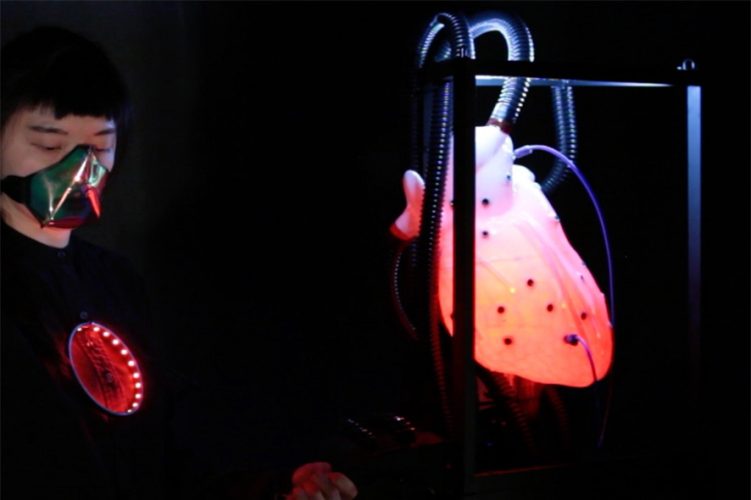
STEAM Imaging: When Art, Science and the Next Generation Converge
Bringing together scientists, school kids and an artist, transcending the boundaries of individual disciplines, discovering flexible forms of learning and collaboration, and imparting skills to work effectively with new technologies were the objectives of the artist-in-residence project entitled STEAM [science, technology, engineering, art, mathematics] Imaging. Bianka Hofmann, head of corporate communication at the Fraunhofer Institute…
-
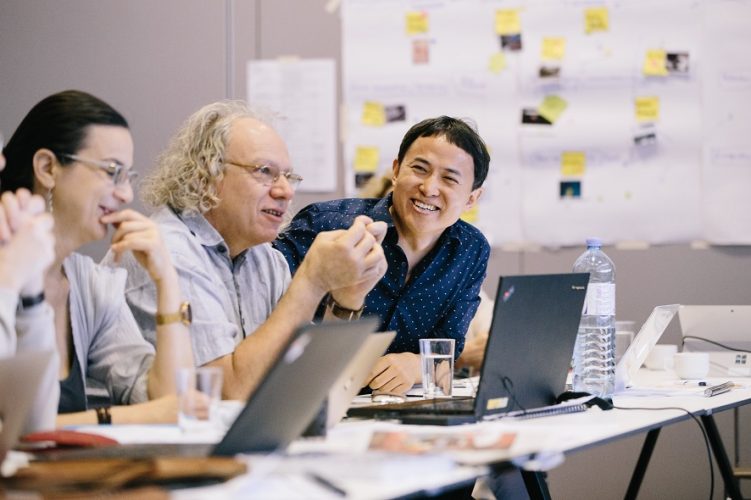
Imparting a Direction to the Future: The 2018 STARTS Prize Jury
The jury made up of international experts charged with selecting the recipients of the 2018 STARTS Prizes awarded by the European Commission recently convened for an entire weekend at the Ars Electronica Center. Their mission: to recognize outstanding work at the interface of science, technology and art. The outcome is still confidential; nevertheless, jurors Francesca…
-
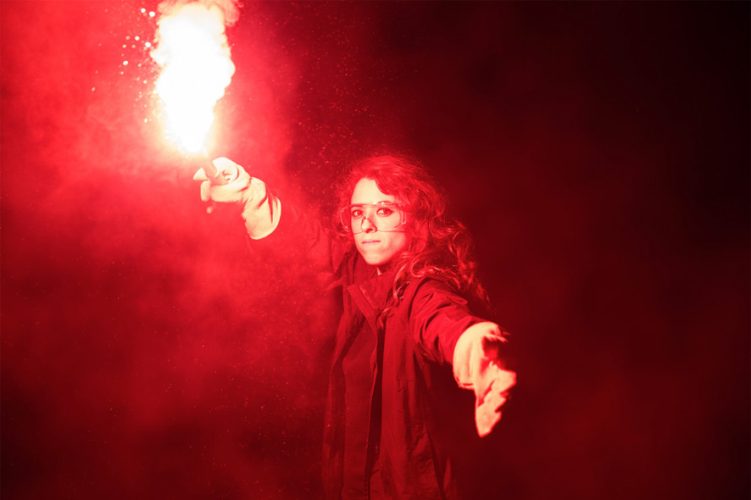
European Media Art Platform: New Residencies for Media Artists
WANTED: up-and-coming talents in media art! The European Media Art Platform awards several two-month residencies at 11 European institutions. In this interview, Peter Zorn of Werkleitz goes into detail about the network, and Ars Electronica’s Veronika Liebl recaps the European Digital Art and Science Network’s activities since its launch in 2015.
-
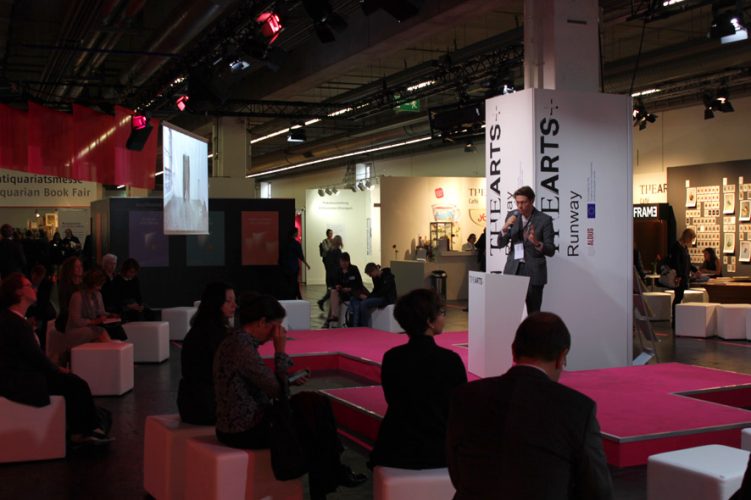
STARTS at the Frankfurt Book Fair
This year’s THE ARTS+ Creative Business Festival at the Frankfurt Book Fair provides the perfect showcase for men and women who’ve been honored for their extraordinary creativity, for their innovative projects at the nexus of science, technology and art, and for the European Commission’s STARTS initiative.
-
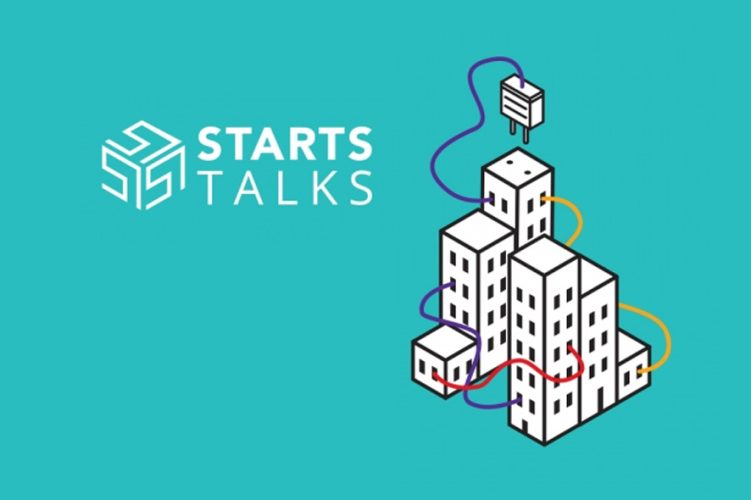
STARTS Talks Kick Off in Berlin and Eindhoven
How can science, technology and art become more tightly intermeshed, and how do they benefit from these linkages? Outstanding best-practice examples and insightful speeches lead off the STARTS Talks series in Berlin and Eindhoven.
-
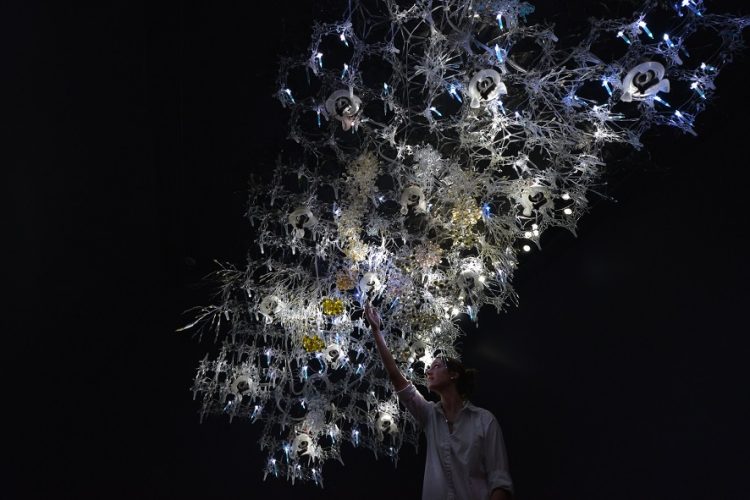
European Cooperative Projects: Innovation through Diversity
Taking advantage of this continent’s diversity—that’s what Ars Electronica has been doing in a broad spectrum of collaborative projects clear across Europe. In this interview, Festival Director Martin Honzik and Producer Veronika Liebl told us about them and what role they’ll play at the Ars Electronica Festival September 7-11, 2017.
-
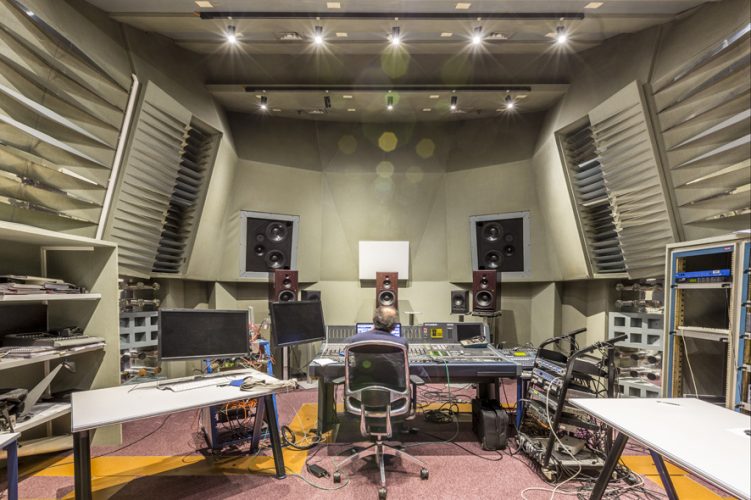
VERTIGO STARTS: Artists Wanted!
Now that the 2017 STARTS Prizes have been selected, the European Commission’s STARTS initiative is launching another attractive program. Artists can now apply for a residency in which they create a new work of art using the technology of the R&D project of their choice. The entry deadline is May 22, 2017.
-
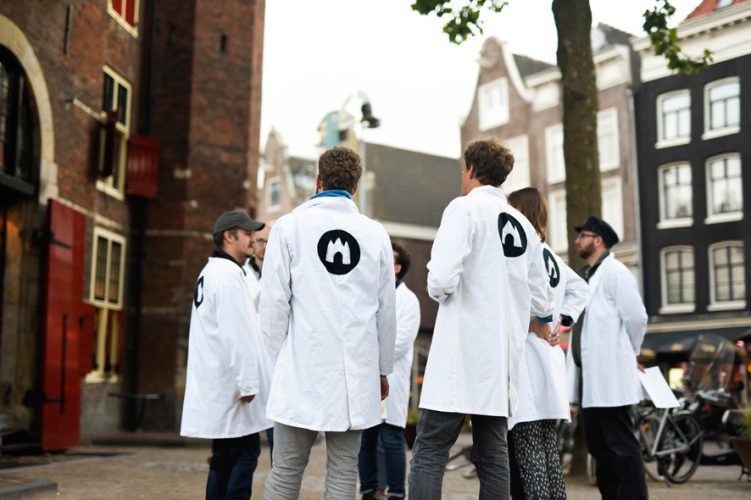
Waag Society: “Keep questioning what you do”
Collaboration among science, technology and art is urgently needed! Marleen Stikker and Lucas Evers of the Waag Society talk about these three fields’ commonalities and, shortly before the entry deadline, address a last-chance call to motivate artists, engineers and scientists to submit their transdisciplinary projects for 2017 STARTS Prize consideration.
-
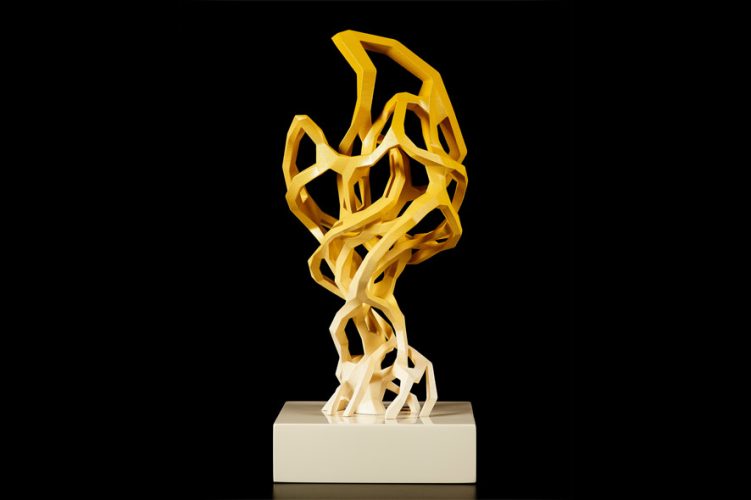
STARTS Prize 2017: When Art Enters Other Spheres
In what ways do science, technology and art overlap? What is innovation? And which technological developments will be successful over the long run? Gerfried Stocker, artistic director of Ars Electronica, and Veronika Liebl, STARTS project manager, discussed these topics with us.
-
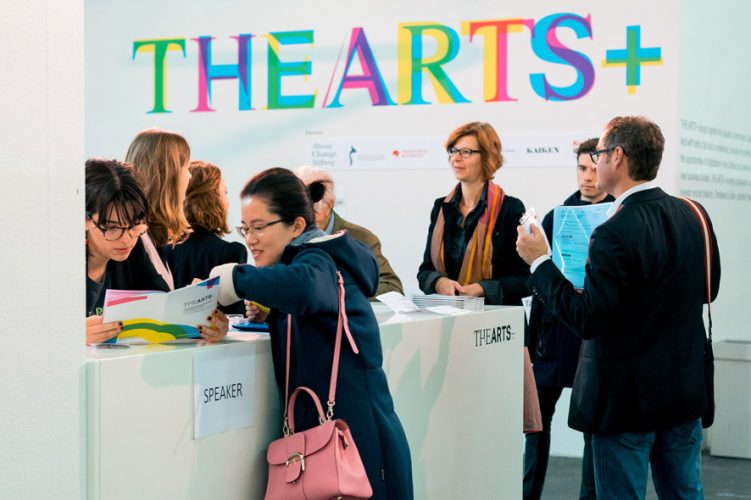
THE ARTS+: Media Art at the Frankfurt Book Fair
What does media art have to do with books, you might ask? The Frankfurt Book Fair just launched its first endeavor to directly connect with the creative economy—THE ARTS+, a new platform for books, art and technology.
-
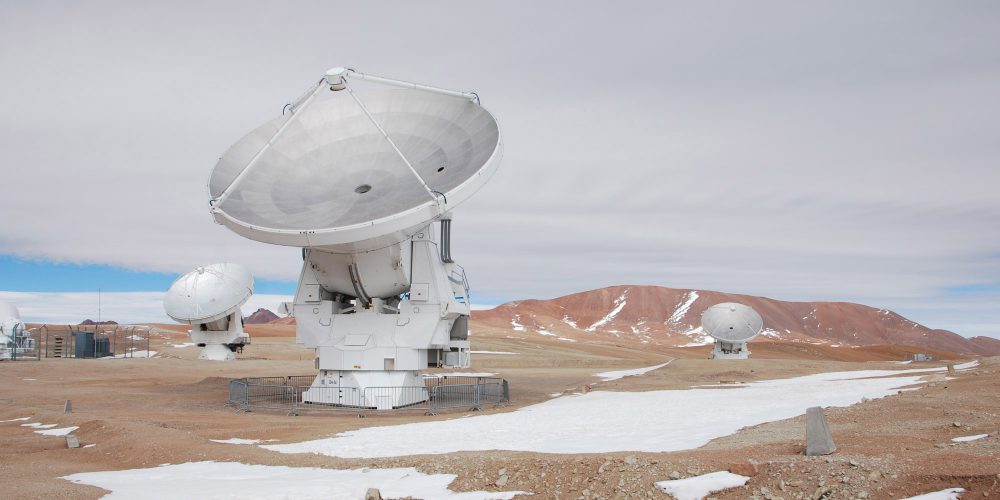
Expedition ESO
“We won’t soon be taking another trip so close to outer space!” Now, that sure hits the nail on the head as a succinct description of the once-in-a-lifetime opportunity this Residency provides. An artists’ collective—Jan Bernstein, Juliane Götz and Sebastian Neitsch—got the nod from the European Digital Art & Science Network’s jury and departed for…
-
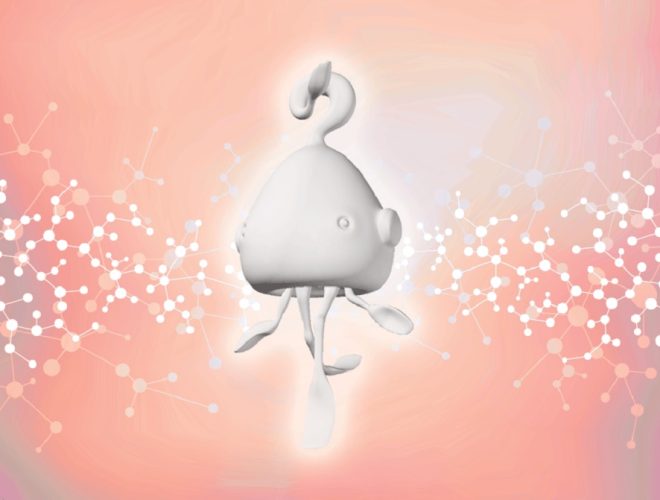
Lea and Jakob have robots in their blood
Nanoparticles have become an essential part in the food chain as they provide better fluid properties, color and preservation. Science classifies them at least as critical. In contrast, nanomachines, or so-called nanobots are applied in the cure of cancer. In the course of the third SPARKS-residency at the Ars Electronica Futurelab, Jakob and Lea Illera…
-
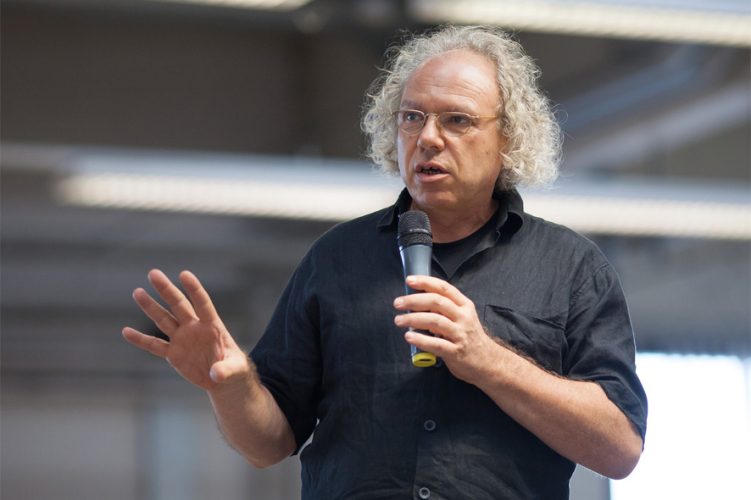
“Nurture contrarians rather than mainstream thinking”
March 13, 2016 is the deadline for entries to Ars Electronica’s search conducted under the auspices of the European Commission for innovative projects at the nexus of science, technology and art. Alexander Mankowsky, a futurist on the staff of Daimler AG and a STARTS juror, recently talked to us about the trailblazing role of art…
-
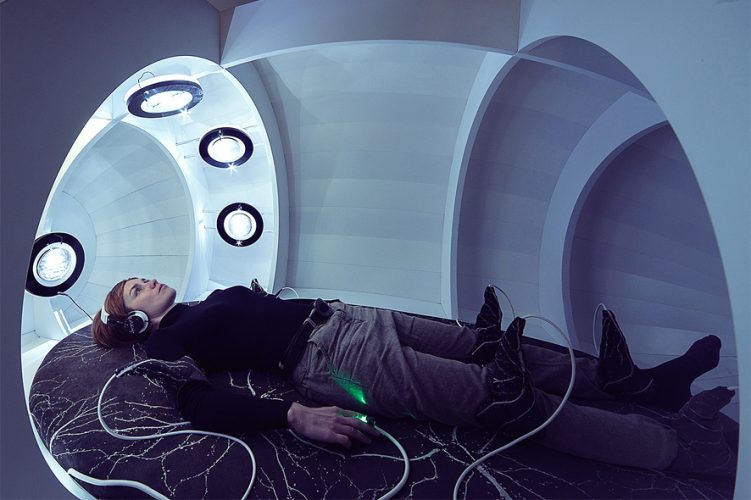
STARTS Prize: New Prospects Are Emerging
Two €20,000 prizes honoring innovative projects at the nexus of science, technology and art! What’s this very generously endowed competition all about, and what’s the European Commission’s take on the increasing digitization of our world? We recently had a chance to chat with the initiator of the STARTS program, Ralph Dum.